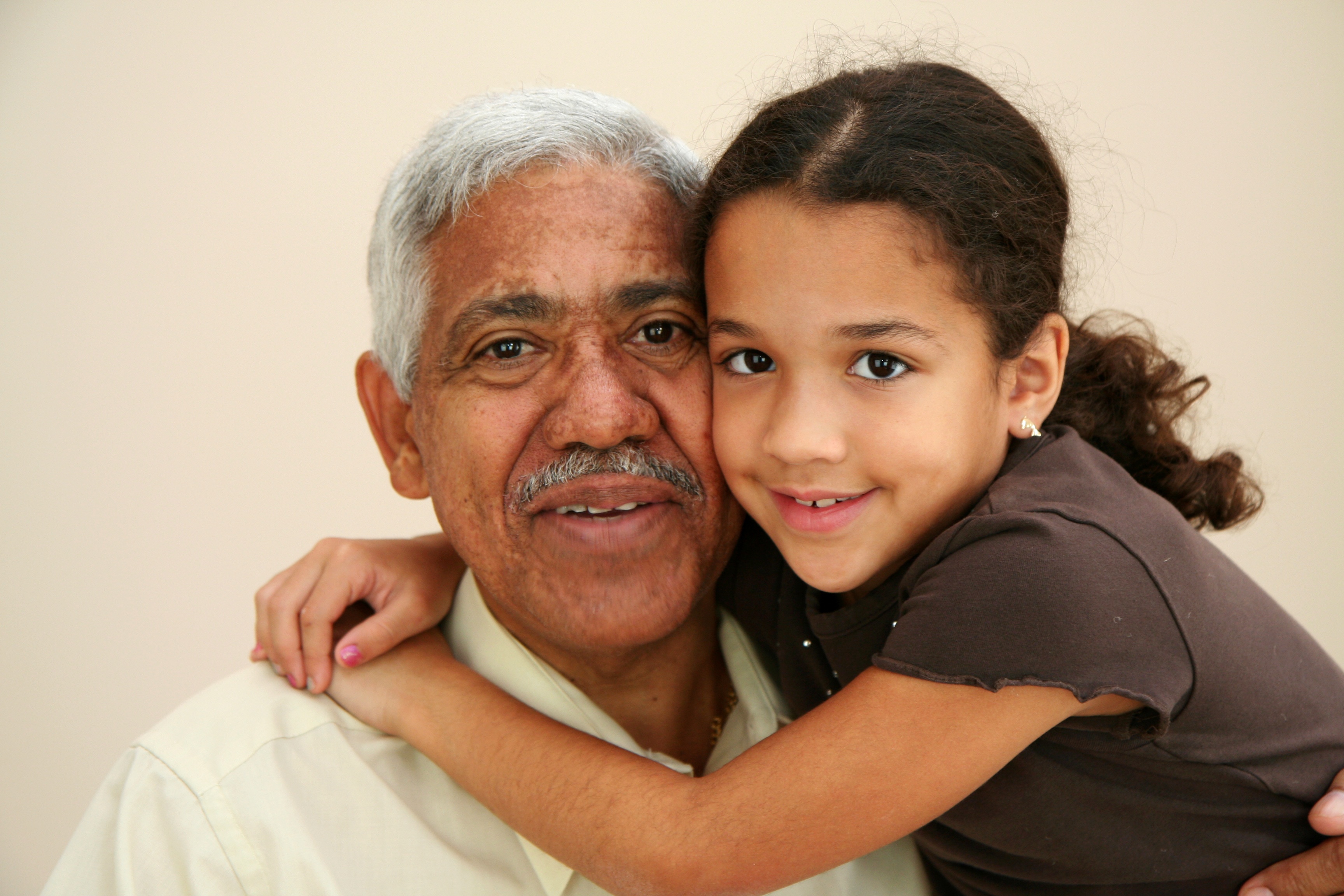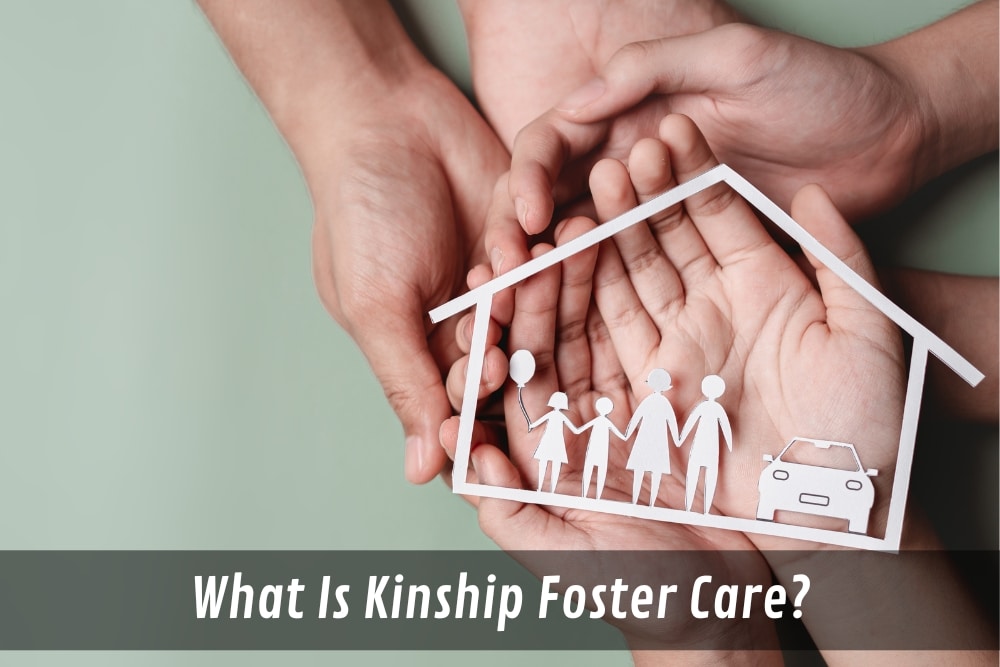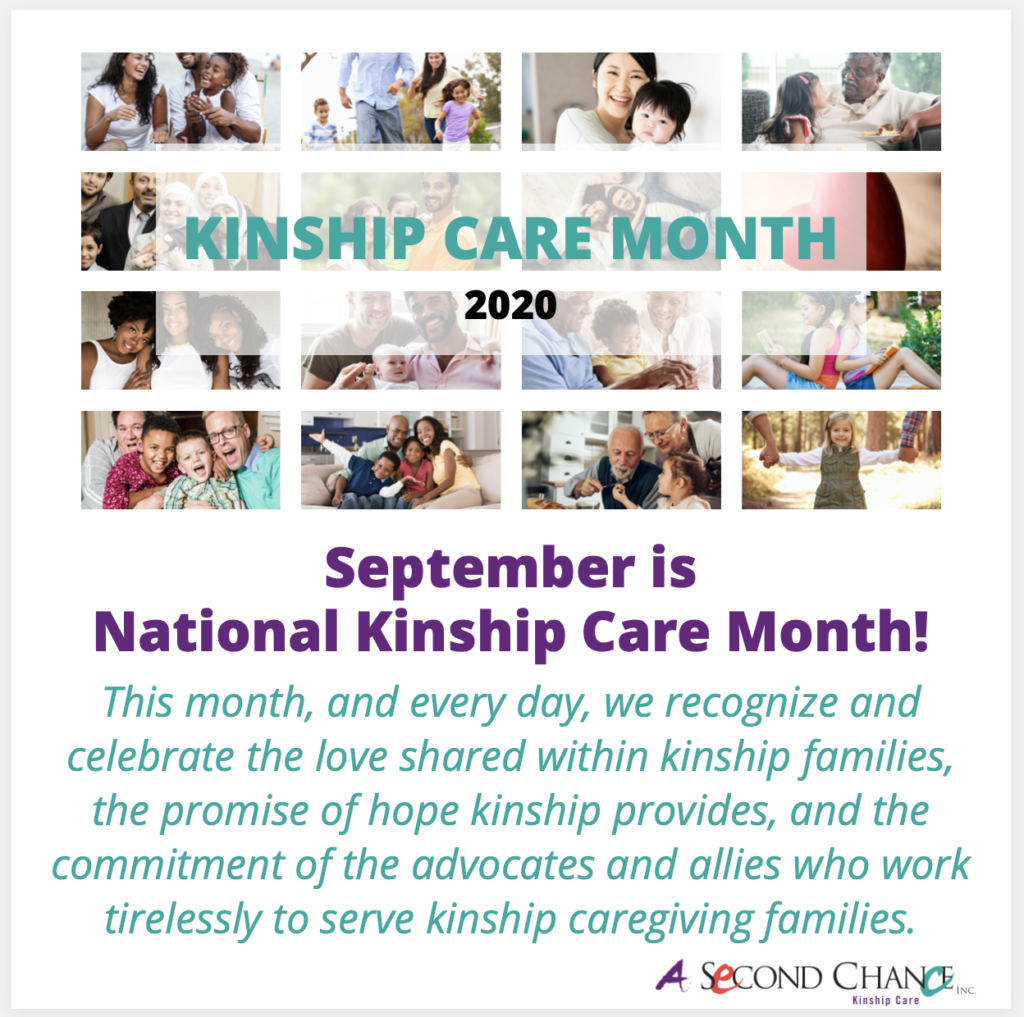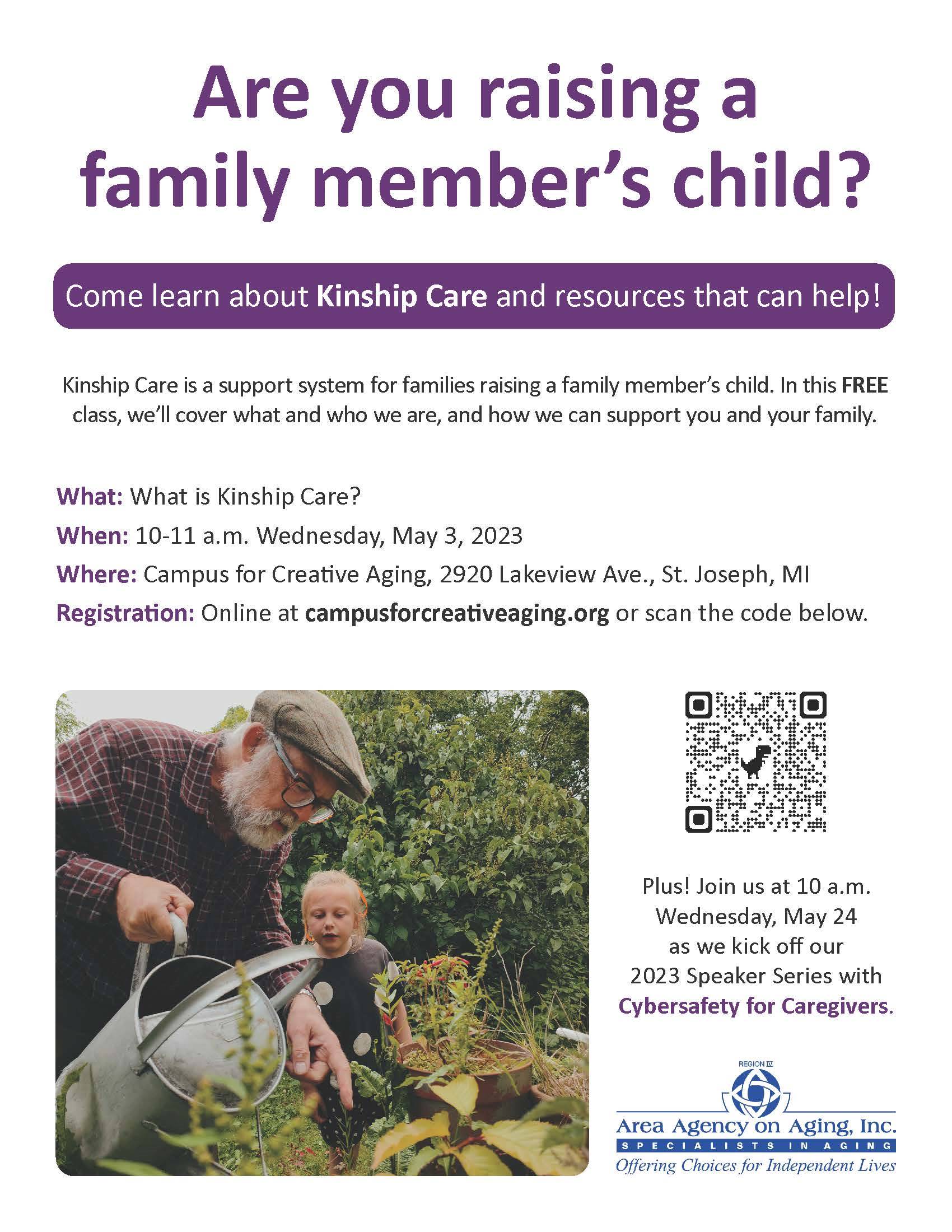
Kinship Care Adams County Government
Kinship care is generally established when the child's biological parents can no longer care for them, for whatever reason. Essentially, it is a specific type of foster care. An example of kinship care would be if a child's biological parents become severely ill, and cannot currently care for the child as needed. The child's close.

Kinship Care Kids Central Inc.
In formal kinship care, a child is placed in the legal custody of the state, while the kin has physical custody. A child welfare agency then acts on the state's behalf to make decisions regarding the child's well-being. This includes decisions around medical care, schooling, and where the child should live. Kinship caregivers participating.

Kinship care & carers in Australia Raising Children Network
In this arrangement, relatives raise kids when their parents cannot care for them. There are three general and sometimes overlapping categories of kinship care. These categories are: 1) private or informal care, where families make arrangements with or without legal recognition of a caregiver's status; 2) diversion kinship care, where.

What is Kinship Care? America's Kids Belong
Kinship care can include: The caregiver ensures the child is covered by their insurance or state insurance when the state has custody. The caregiver is responsible for enrolling the child in school. The caregiver schedules medical and dental check-ups for the child. The caregiver secures mental health support for the child.

What is Kinship? Kinship Carers
Kinship care is the full time care, nurturing, and protection of children by relatives, members of their tribes or clans, godparents, stepparents, or any adult who has a kinship bond with a child. This definition is designed to be inclusive and respectful of cultural values and ties of affection. It allows a child to grow into adulthood in a.

Kinship Care May Reduce the Negatives of Foster Care
"Kinship care" is defined by the Pennsylvania KinConnector as "the full-time care, nurturing and protection of children by relatives or any adult who has a 'kinship' bond with the children." Generations United (2020) reported that 8 million children are living with a relative as the head of the household, nationwide.

What Is Kinship Foster Care?
A kinship carer is an Indigenous person who is a member of the child's community, a compatible community, or from the same language group. Kinship care aims to maintain a child's social and.

Kinship Care Awareness Four Things to Know
Kinship care is a full-time living arrangement with a relative or individual with a long-standing relationship with the child or family. The kinship caregiver nurtures, supports, and protects the child until there's a permanent solution. In Maryland, a kinship parent is an individual related by blood or marriage.

Kinship Care 101 YouTube
By the Annie E. Casey Foundation. Kinship care is when relatives step up to raise children when their parents can't care for them for the time being. Today, more than 2. 5 million children are in kinship care in the United States. If you were raised by a grandparent, an aunt or a close friend, you were raised under kin.

What is Kinship Care? Focus on the Family
A kinship carer provides a stable home life where they can grow and develop in a safe, positive environment. They also get to stay in their existing family network, which helps maintain them maintain their sense of identity and family relationships. Types of kinship care. There are different types of kinship care. You may become a different.

What is kinship care? An explanation from a kinship carer YouTube
Kinship care is when a child lives with relatives when their parent (s) cannot care for them. Within the context of foster care, kinship care often occurs when a child is in an unsafe environment and goes to live with other family members. Sometimes the child has experienced neglect or abuse. Other times, families may arrange kinship care to.

National Kinship Care Month Is Here! A Second Chance, Inc.
A: 1- Kinship care can include "formal" placements, also known as relative foster care or kinship foster care, where the child welfare system places the child with the caregiver and the child welfare system maintains custody of the child. Increasingly, courts, communities, and child welfare systems are beginning to recognize and formalize.

Kinship Response Kinship The kinship care charity
Kinship care places children in the care of their relatives when their parents cannot give the care and love they need. This could be any close relative — for example, grandparents, aunts, uncles, or other extended family members. They step in to become primary caregivers for the child. Although kinship care keeps a child with their family.

Community of Kinship Care YouTube
Kinship care. Kinship care is a term used in the United States and Great Britain for the raising of children by grandparents, other extended family members, and unrelated adults with whom they have a close family-like relationship such as godparents and close family friends because biological parents are unable to do so for whatever reason.

What is Kinship Care? Campus for Creative Aging
Kinship placements do not have to occur through the foster care system. Sometimes kids live in a kinship home without foster care or social services being involved. This is a voluntary kinship placement. People often don't realize that this type of arrangement is a kinship arrangement. Many of us know of a child in a kinship placement.

Information for Kinship Families Kinship Care Ireland
Informal kinship care refers to arrangements made by parents and other family members without any involvement from a child welfare agency or court. In this type of arrangement, the legal custody of the children remains with the parents, and the parents can legally take back their children at any time.
- Iphone 14 Pro 128gb Officeworks
- What Is Reference Number On Medicare Card
- Cbd Oil Legality By Country
- 1 Farrer Place Sydney Nsw 2000
- Watch 11 Minutes Documentary Online Free
- Why Green And Gold For Australia
- Does My Bum Have Taste Buds
- Transformers Revenge Of The Fallen Video Game
- Law And Order Svu Fanfiction
- How Many Calories Are In Marshmallows
